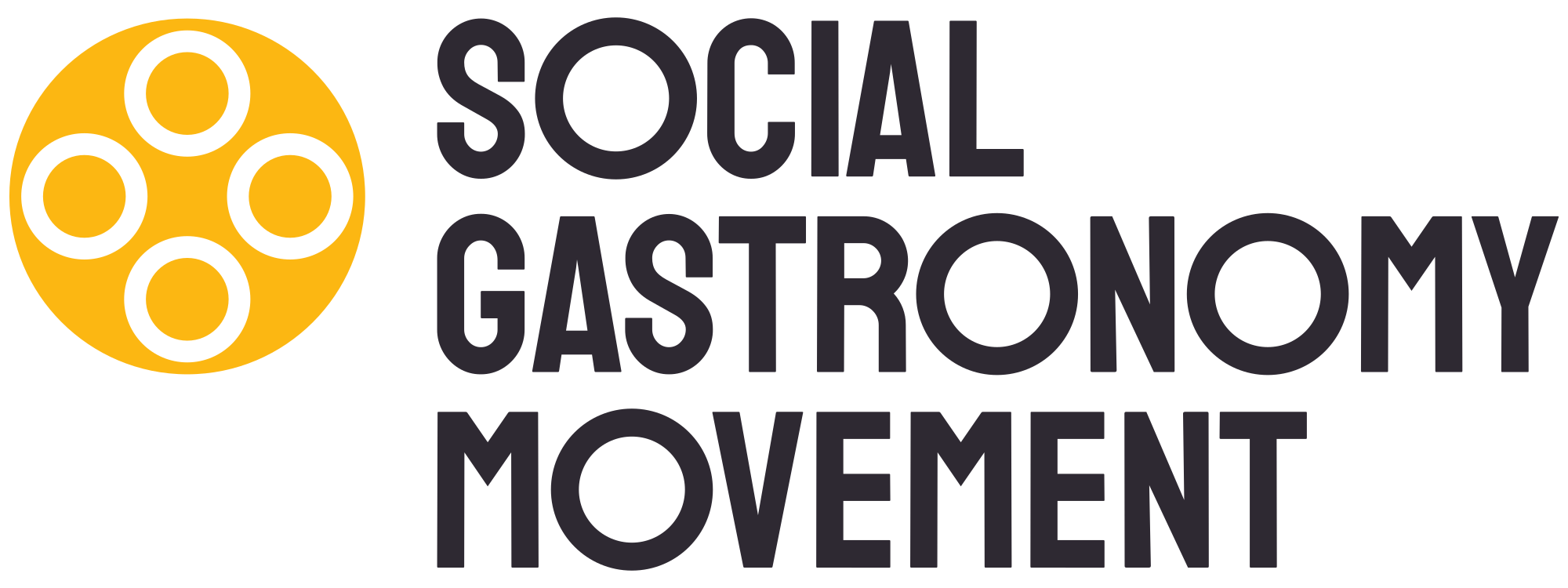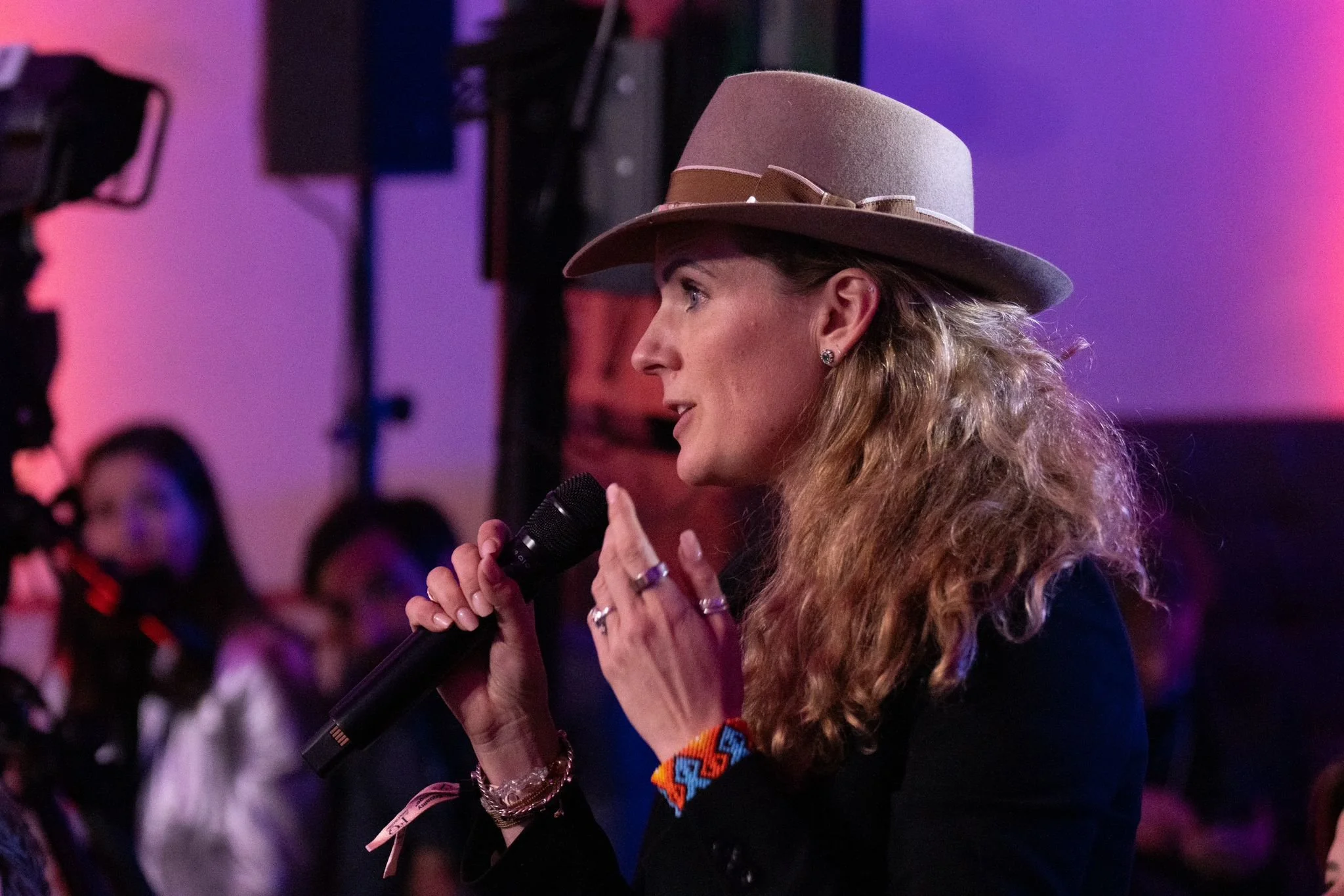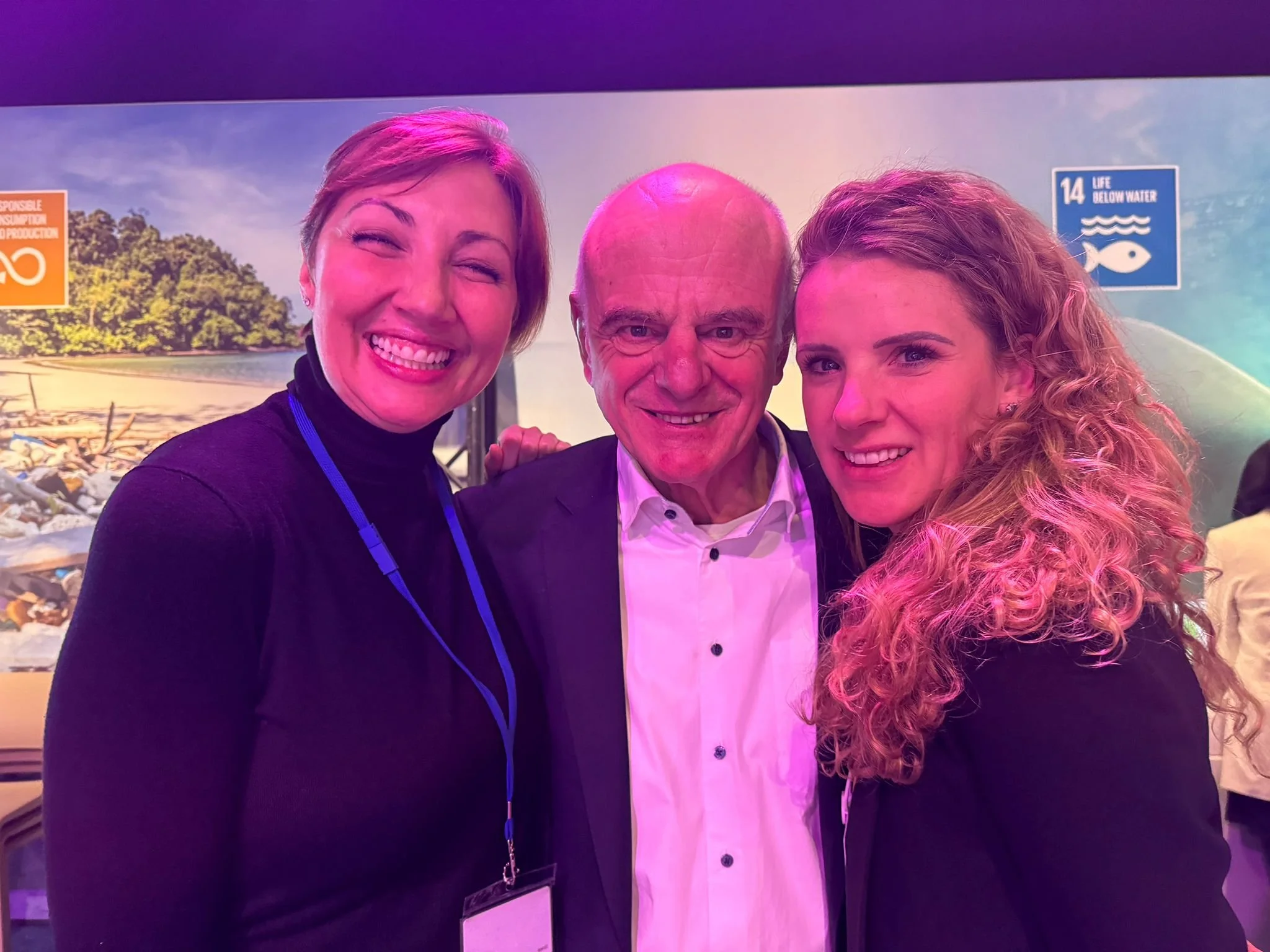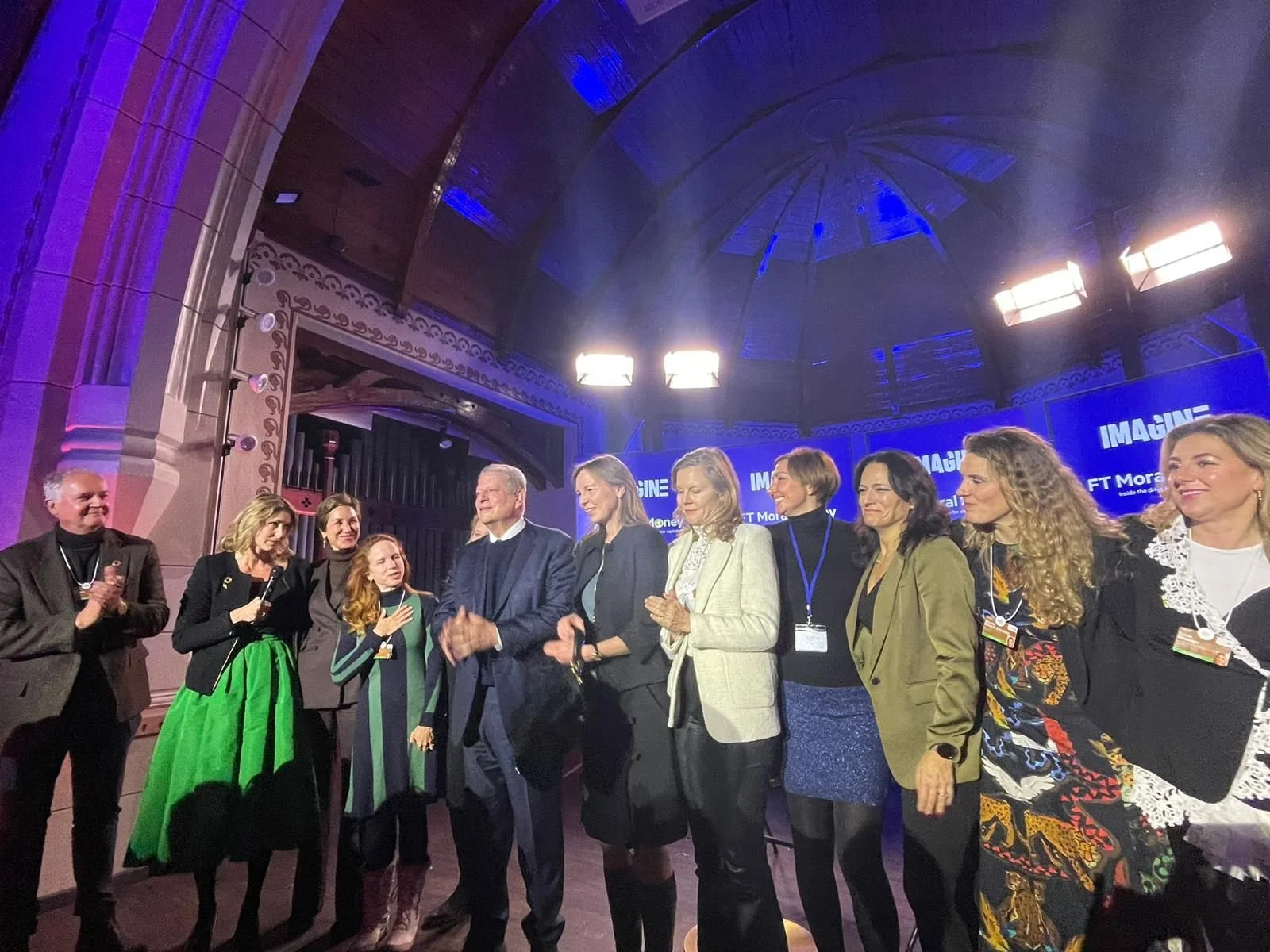Navigating the Winds of Change through Trust and Collaboration: Insights from the 2024 World Economic Forum
As I reflect on my 13th World Economic Forum (WEF) experience in Davos, a whirlwind of emotions envelops me — a mix of motivation, hope, and a touch of frustration. With its official program and diverse side events, the WEF once again brought together inspiring changemakers from civil society, business, and government. Amidst the energy of possibilities, there lingered an undertone of déjà vu, with some discussions feeling like a copy-paste from the previous year. Nevertheless, my optimism compels me to focus on the potential for collaboration and action with these change agents.
The overarching theme of "Rebuilding Trust" resonated with me profoundly. Trust, a fundamental value of mine, can be established through accountability, transparency, and, most importantly, action. As we well know, action speaks louder than words.
I firmly believe that many solutions to address the climate and food crises exist at the grassroots and community levels. These solutions empower individuals with lived experiences to contribute to the solution-building process, turning them from victims into agents of change. Entrepreneurs and collectives have unearthed crucial puzzle pieces, de-risked explorations, and tested innovative solutions. Now, connecting these dots to the right stakeholders in business and government can scale these solutions, leading to impactful actions and transformative change. This feeling was reaffirmed by various business executives, with statements such as “We are sick of pilots, let's start the transformation” or “Experimentation we are not lacking; we now need to scale and accelerate.”
Several networks, such as the Social Gastronomy Movement, Thought for Food (TFF), Innovative Food Systems Solutions (IFSS), Future Food Institute (FFI), World Food Programme (WFP), and others, hold keys to these solutions, while others still need mapping and identification. The critical step is to connect innovators with funders, private sector leaders, and government to accelerate and scale/ replicate these solutions. Let's bring these accelerations and existing innovations to WEF25 to showcase that change is not just possible but already happening.
Reflecting on the discussions in Davos, AI, and the geopolitical landscape dominated the agenda, leaving less room for crucial and personal focus topics like food system transition and climate change. This shift in focus is disappointing to me, as these discussions should also remain on top of the agenda, regardless of the geopolitical context. So now here's a summary of key discussions I had the opportunity to participate in:
Artificial Intelligence and Inclusivity:
Excitement and fear coexisted regarding the potential and regulation of AI.
Three areas requiring more dialogue and exploration include trust in AI, gender gap concerns, and promoting AI literacy and open-source initiatives for societal benefit, leaving no one behind.
Overall, acknowledge that no one is an expert and that we are all learning and exploring this journey that will change how business and society operate. What remains clear to me is that AI should be an enabler, not the solution. If used correctly, it not only supports society as a whole but can enhance our creativity and intuition, making us more powerful as humans.
Farmers and Ecosystem Services:
Recognition of farmers' importance and their role in providing ecosystem services, yet once more in many discussions, no actual farmers were at the table.
Emphasis on regenerative agriculture, innovation, and the necessity of long-term investments and partnerships, de-risking production transitions for farmers.
Adopting blockchain for tracking and labeling, emphasizing transparency and responsible consumption.
Inclusion of farmers in the innovation process, ensuring affordability, access, connectivity, and upskilling.
Food as Medicine and Regenerative Farming:
A paradigm shift toward viewing food as medicine for individuals and the planet.
Acknowledgment that seemingly cheap food carries hidden costs related to health and climate change and that we need to shift the narrative here openly.
The promotion of regenerative farming practices not only being good for the planet but also for people.
Innovation and Sustainable Business Models:
Exploration of innovative business models, including green blockchain and AI for efficiency in agriculture.
Calls for a multi-stakeholder approach to build collective knowledge and collaborative efforts.
Recognition of the importance of sustainable practices in business and the need for metrics aligned with positive societal and environmental impact.
Youth Engagement and Systemic Change:
Recognition of the vital role of youth in challenging and changing existing systems.
Calls for a solid transition to avoid co-opting youth space during societal shifts.
The need for inclusive dialogue and building trust to facilitate positive change. Discussions on hyper-personalization and the impact of five generations in the workplace as an opportunity were also brought up.
Purpose-Driven Leadership:
Emphasis on purpose-driven leadership, adaptability, and authenticity - I would add corporate vulnerability as an important door opener for true collaboration. The IKEA Inka CEO, Jasper Brodin, encouraged us all to lead with humility and curiosity to bring about real change, recognizing the importance of clear values and vision for effective communication.
We need to be careful not to use yesterday's logic in today's context!
Sustainable Entrepreneurship and Philanthropy:
Leena Nair, the CEO of Channel, spoke actively about the power of brands for social change and the responsibilities of entrepreneurs and investors. “What we do now will help us 100 years from now!” We can not pass on the challenges. We need a courageous collective and trusted relationship to get things done.
The role of academia in driving change and the need for integrating social impact entrepreneurship into educational programs to empower the next generation.
A commitment to sustainability and philanthropy as essential components of successful businesses.
I am particularly excited about the launch of the Rise Ahead Pledge, where companies around the world commit to enhancing the social economy by 2030. I do hope that many more companies will join us on this mission https://initiatives.weforum.org/global-alliance-for-social-entrepreneurship/rise-ahead-pledge
My last reflection focuses on the significance of shared language. As a polyglot speaking seven languages, I understand the profound connection that speaking the local language establishes, fostering a deeper understanding and trust. However, what has become increasingly apparent to me is the challenge posed by non-national “language” barriers. I observed in Davos the shared desires and goals among participants, yet the communication often seemed to miss its mark due to a lack of shared "language." This reflection prompts me to envision the Social Gastronomy Movement (SGM) not only as a bridge builder between different stakeholders in the food systems, but also as a set of "translators". By assuming this role, we will be able to construct a unified narrative and a clear pathway to transformative change, ensuring that our shared aspirations are not lost in translation.
In conclusion, my 2024 WEF experience provided a rich landscape of ideas and initiatives, urging global leaders to prioritize sustainability, inclusivity, and innovation for a better future. The emphasis on collaboration, trust, and collective action resonated throughout the discussions, encouraging everyone to take transformative steps in their respective fields. As Jane Goodall encouraged us in Davos: “Don't get depressed with what is happening. Become more determined and try to understand the underlying causes.” There is a significantly higher cost by not acting!
So as we navigate the winds of change, the world looks to these leaders at WEF to carry forth the torch of progress and drive positive impact, but I encourage us ALL to step up and not only drive but be the change we need.



